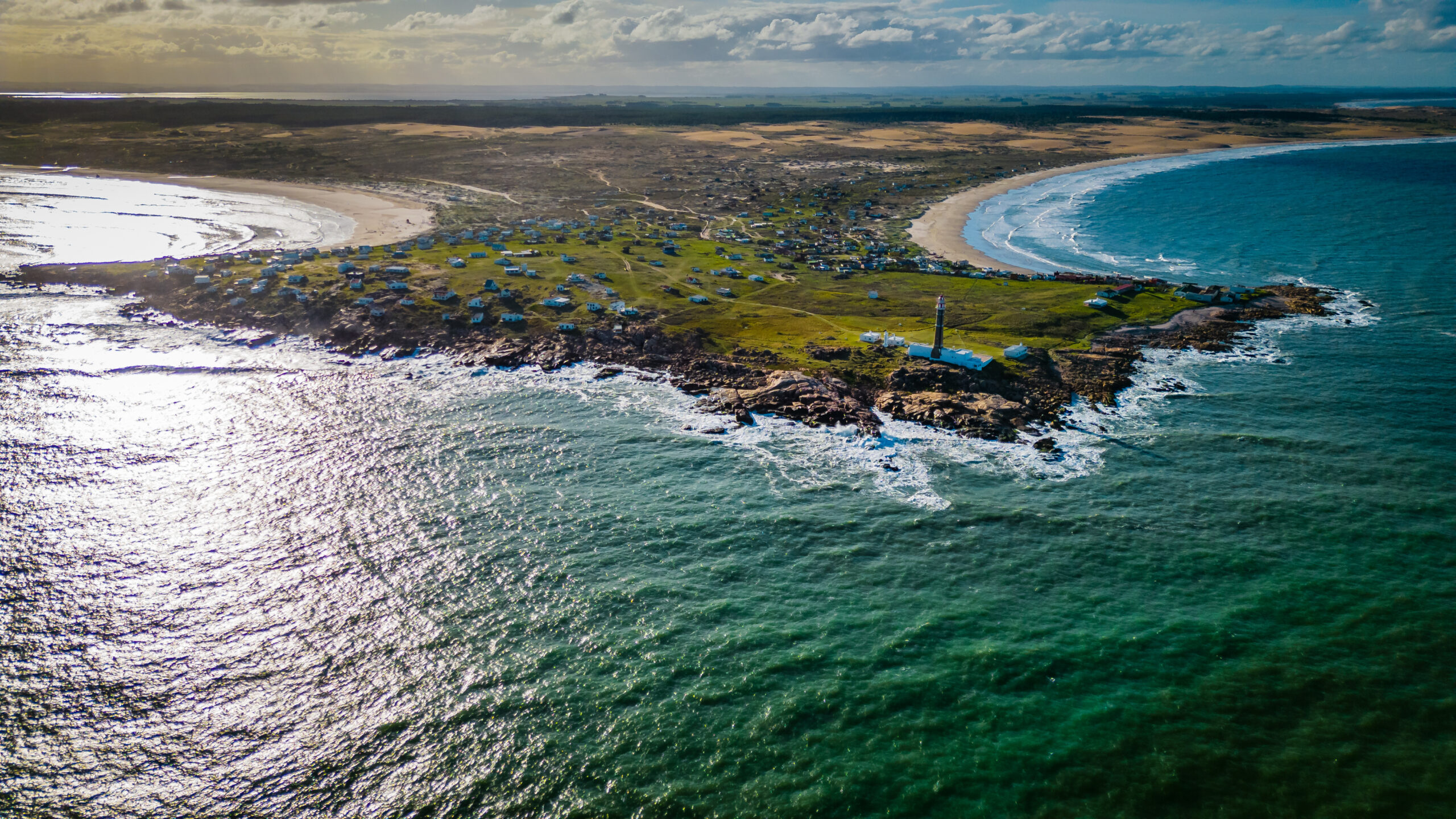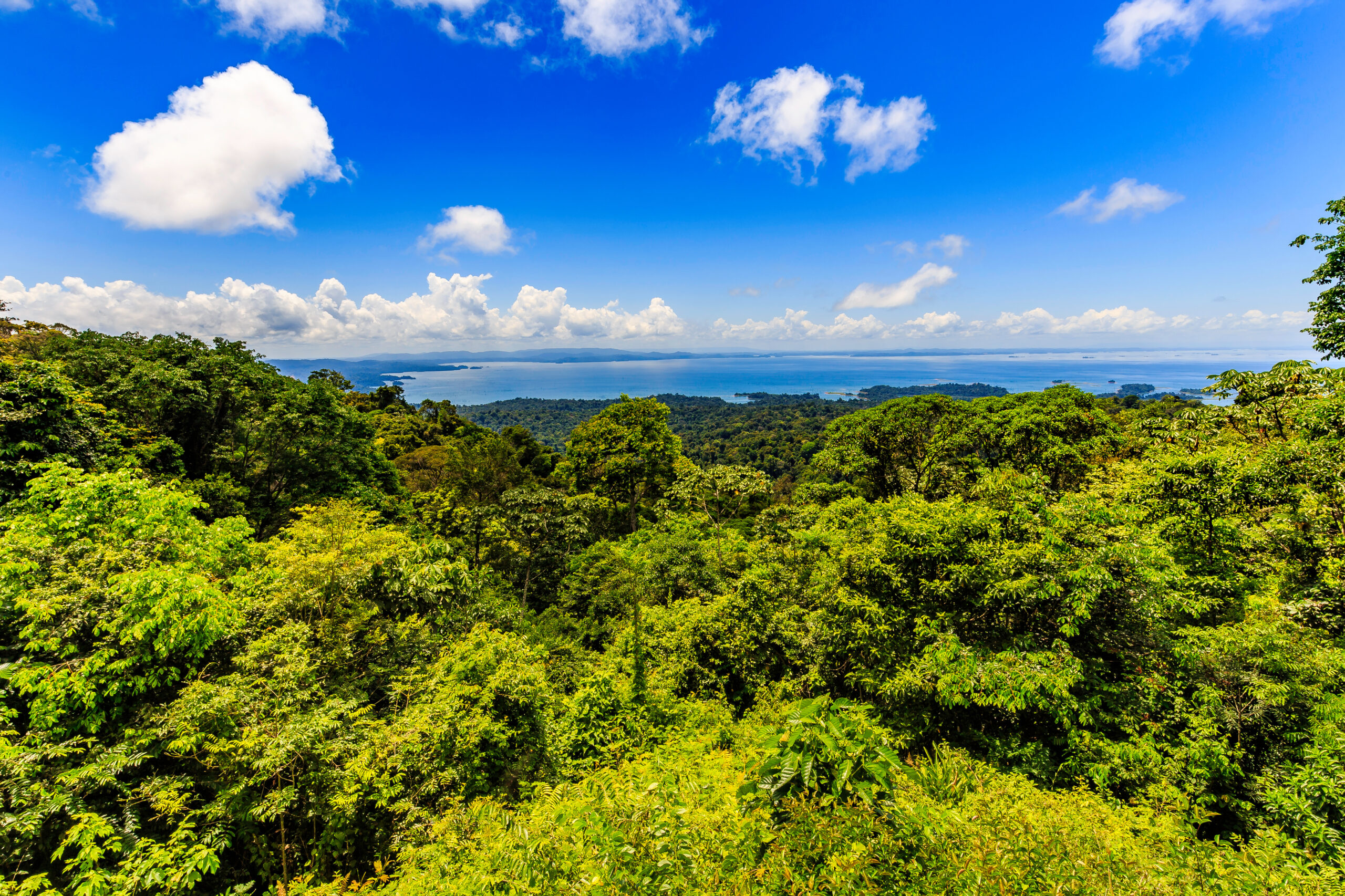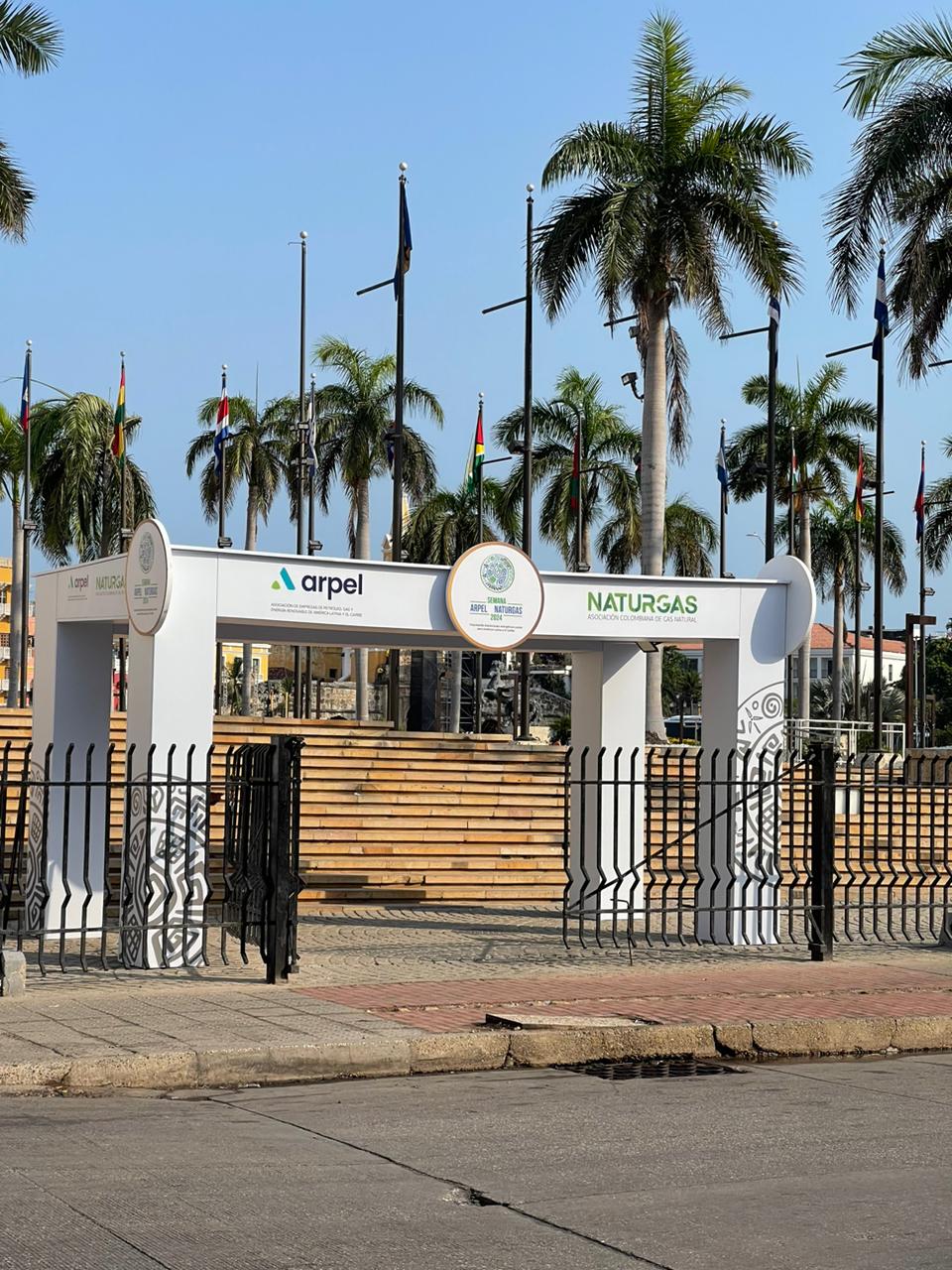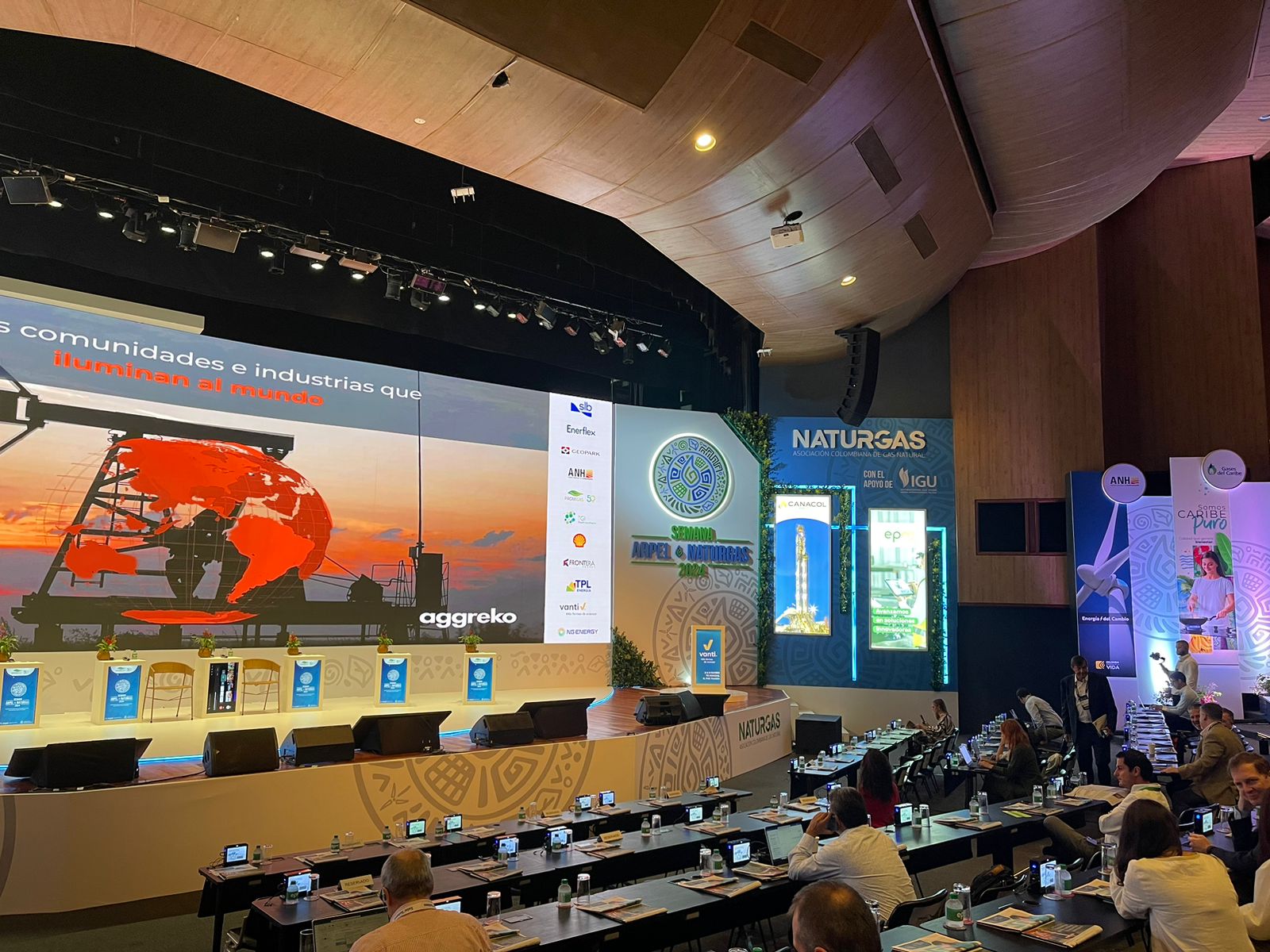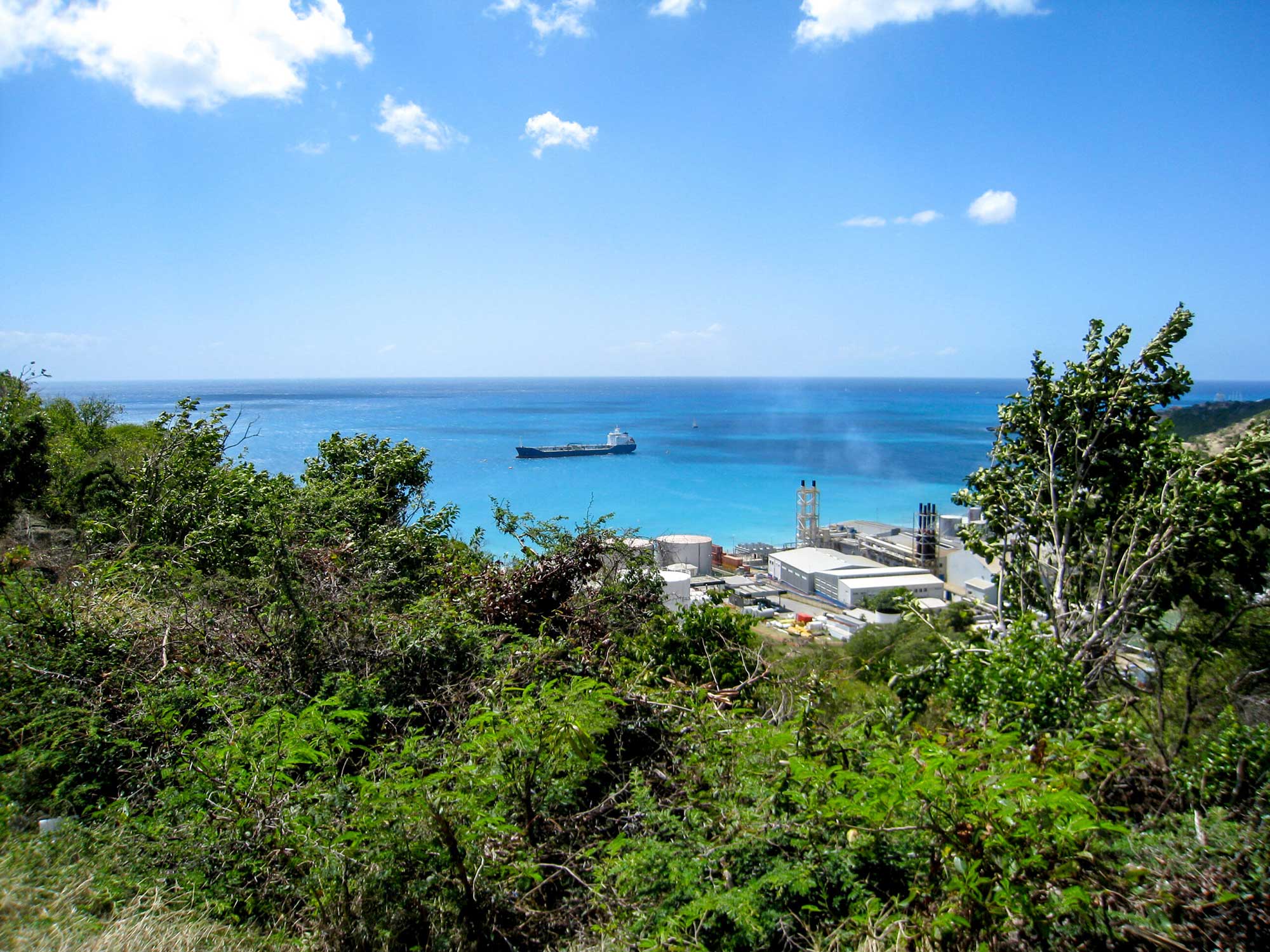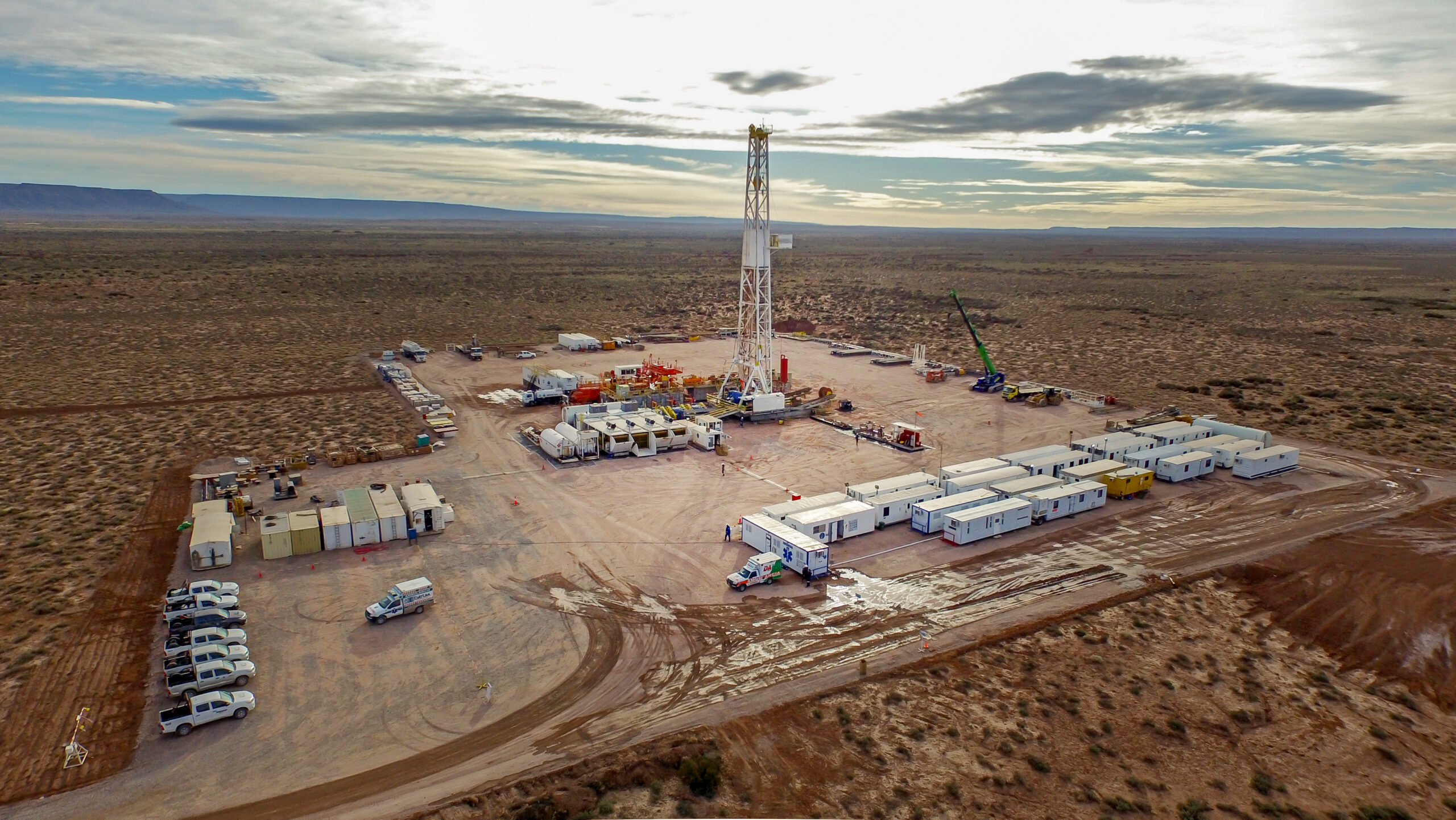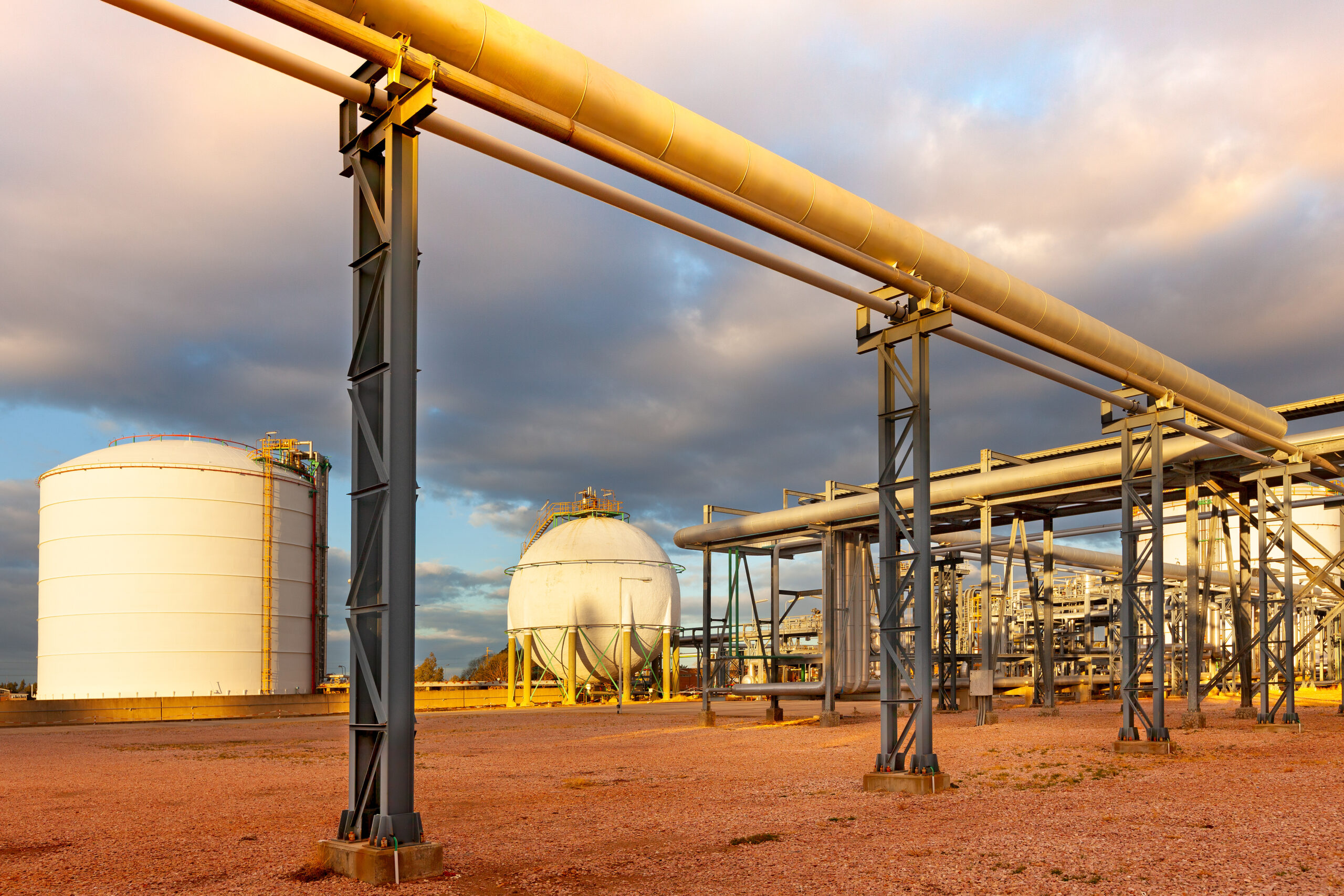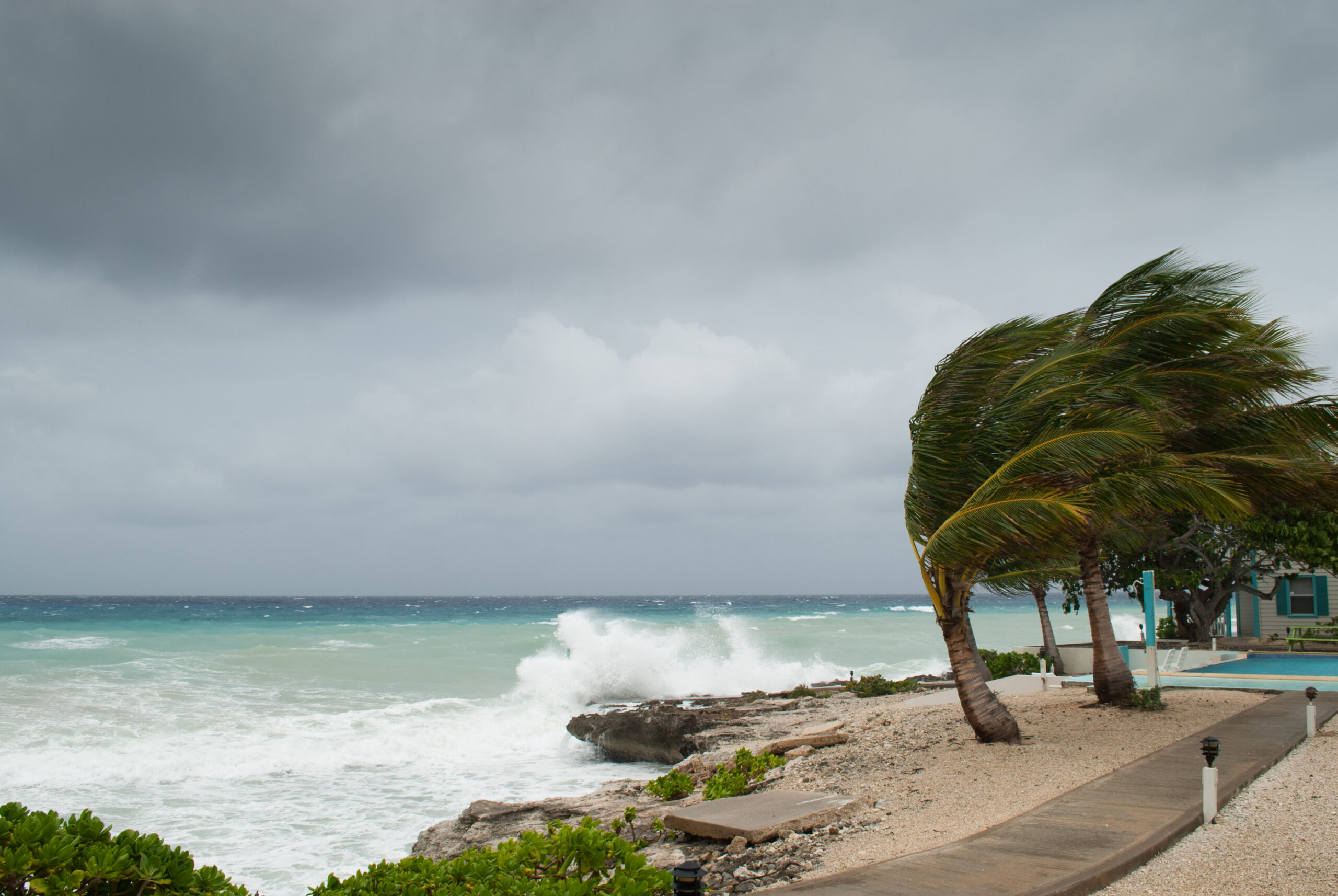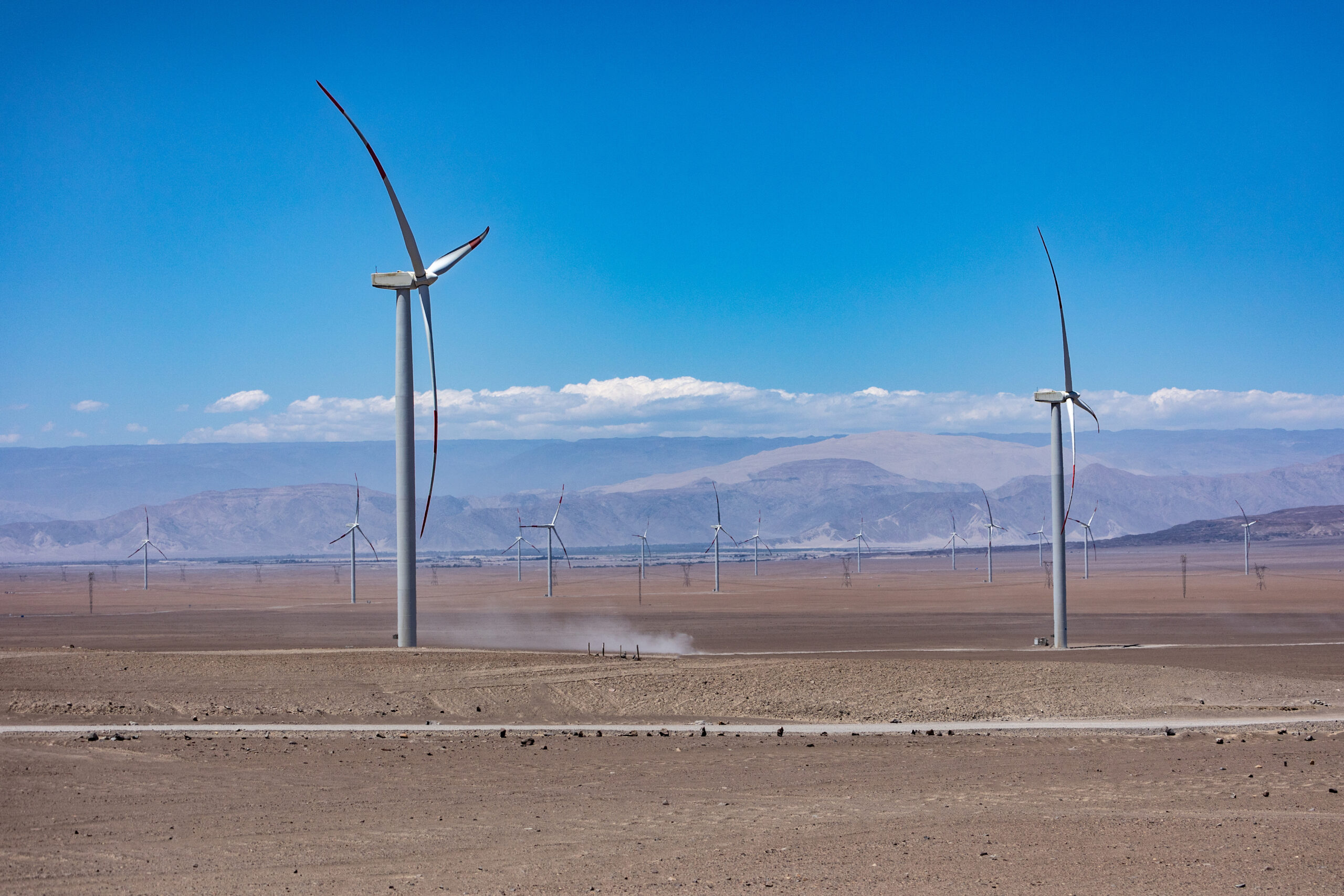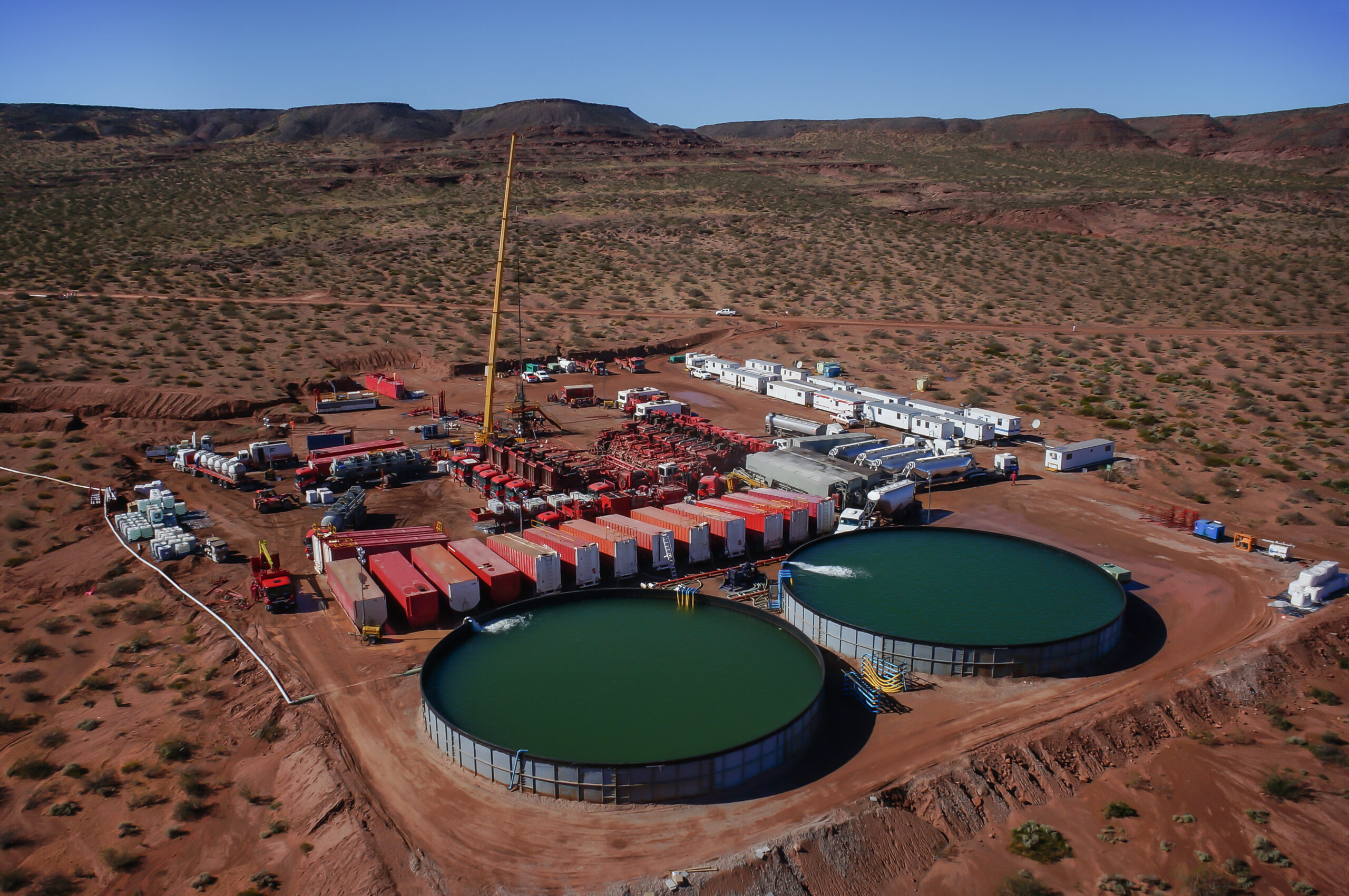 Patricia Garip
Patricia Garip
Patricia Garip
Patricia writes about natural resources, geopolitics, and social conflict, with datelines stretching from Newfoundland to Tierra del Fuego. She covers Latin America and the Caribbean for Gas Outlook, and currently heads the foreign press association of Chile.
In the upcoming tender, Ancap will offer four blocks for companies to install renewable energy to make green hydrogen.
Suriname is estimated to have 17 trillion cubic feet of gas reserves, which if proven would surpass those of Mexico and Brazil.
Future imports from Venezuela align with the Colombian government’s strategy, the chief executive of Ecopetrol told conference delegates.
An announcement this week at the Arpel-Naturgas conference in Cartagena suggests that the administration of Colombian President Gustavo Petro is putting more emphasis on Venezuelan gas than domestic alternatives.
Venezuela is poised to lock in oil and gas supply to Caribbean neighbours in spite of a flare-up in tensions with the United States, which is threatening to restore crippling sanctions on Caracas.
Deepwater drilling for oil and gas is gaining a fresh foothold in Argentina, defying climate warnings and predictions for falling demand.
A new generation of satellites starting in 2024 will provide unparalleled transparency on methane emissions, Marcelo Mena-Carrasco, CEO of the Global Methane Hub, said in a Gas Outlook interview.
Rising sea levels and intensifying hurricanes underline the urgency of transforming Caribbean energy systems, which are oil-based, costly and vulnerable.
Landmark legislation has the potential to unlock a wave of investment in renewable energy in Peru, but political dysfunction could get in the way.
Argentina’s gas surge is at once accelerating Bolivia’s demise as a gas supplier and reinforcing South America’s dependence on fossil fuels.

